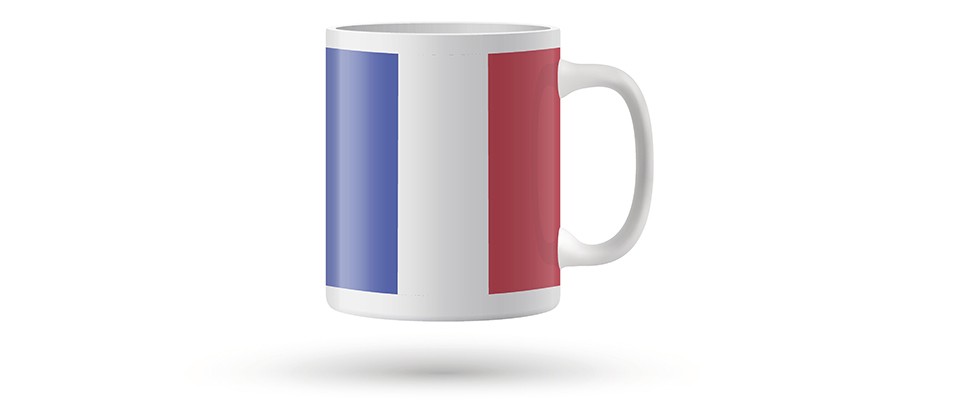France
In France, government-supported national health insurance is universal. Insurance providers are all not-for-profit organizations that collaborate with the federal government on funding policies. Everyone in the country pays for this coverage through pay deductions that are proportional to income. For instance, employed citizens must contribute 5.25% of their income and pensioners must contribute 3.95% of their income. Payment occurs at the time of service to the medical professional and is later reimbursed. Up to 85% of costs for doctor or dental fees may be reimbursed; however the percentage is usually between 75 and 80%. The remaining percentage is paid by out-of-pocket by the patient; however, citizens in France also have the option to purchase supplementary health insurance that covers these fees. It is estimated that approximately half of these payments are through additional insurance plans and the other half are out of pocket.
Healthcare Spending
Healthcare spending is high in France, with 11.8% of the GDP spent on healthcare costs in 2012. This amounted to $4,260 USD per person in the same year, a figure that is similar to other high-income European nations, such as Germany ($4,617 USD per capita). This figure is also higher than the regional average, which is above $2,000 USD per person across Europe, as indicated by the World Health Organization (WHO). Compared to the rest of the world, France ranks 10th on healthcare spending.
 Availability of Care
Availability of Care
France ranks well on availability of care; the number of licensed physicians in the country is 3.18 per every one thousand persons. While this is below the regional average of 3.31 physicians per one thousands persons in the European region, it is higher than other high-income, developed nations such as the United States. There are 9.3 nurses and midwives for every one thousand people in France, a figure that is above the regional average of 8.05 nurses and midwives. France also has a high number of hospital beds, even compared to neighboring countries, with approximately one bed for every 150 persons.
Life Expectancy & Mortality
As with many European nations, life expectancy is high in France. In 2014, the CIA World Factbook reported a life expectancy of 81.66 years on average in France. In comparison to other countries around the world, France ranks 15th overall on this measure. There is a gap between men’s and women’s average life expectancies, as in most countries. Men can expect to live for an average of 78.55 years, whereas women can expect to live for 84.91 years on average.
 Other Issues
Other Issues
The French healthcare system was ranked the best in the world in 2000. This came as a surprise to many and was largely based on consistency across the criteria as opposed to superiority in a greater sense. In France, many people worried that this report would deter politicians from pursuing healthcare reforms in the country. Left-leaning groups and individuals were concerned with both inequalities in access to health care and conservatism among doctors regarding their income and status. While right-leaning groups indicated that healthcare costs resulted in significant taxation and questioned the overall cost-effectiveness of the system. More than ten years later, these same issues remain at the forefront.
